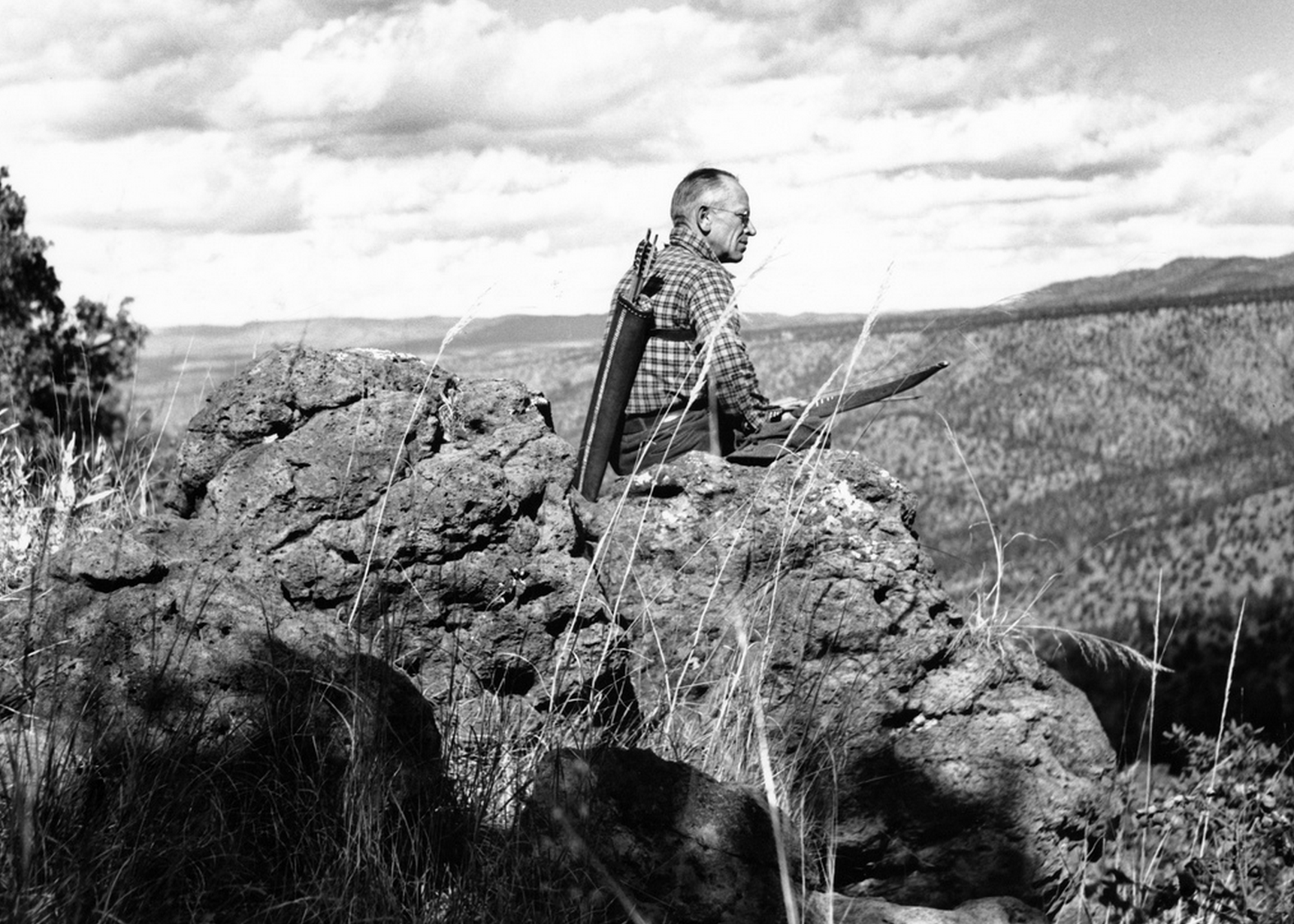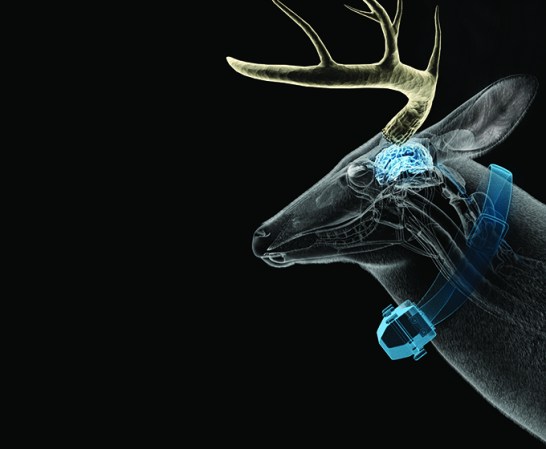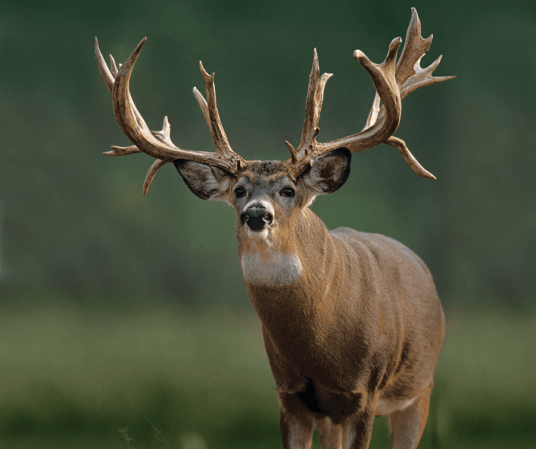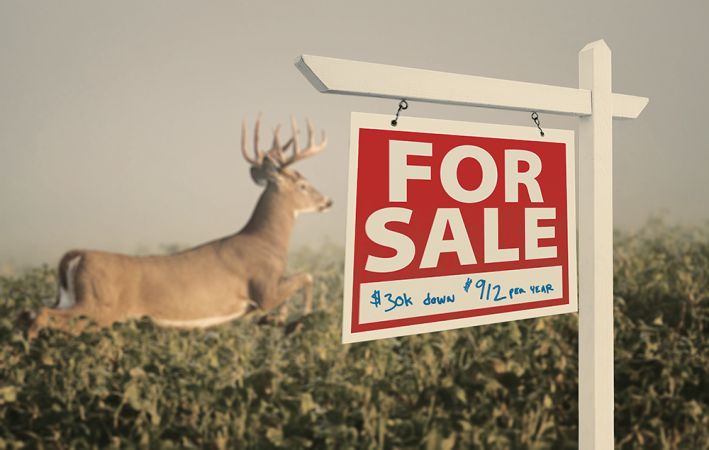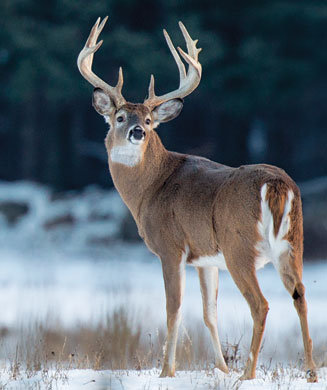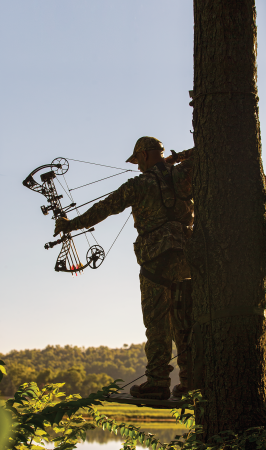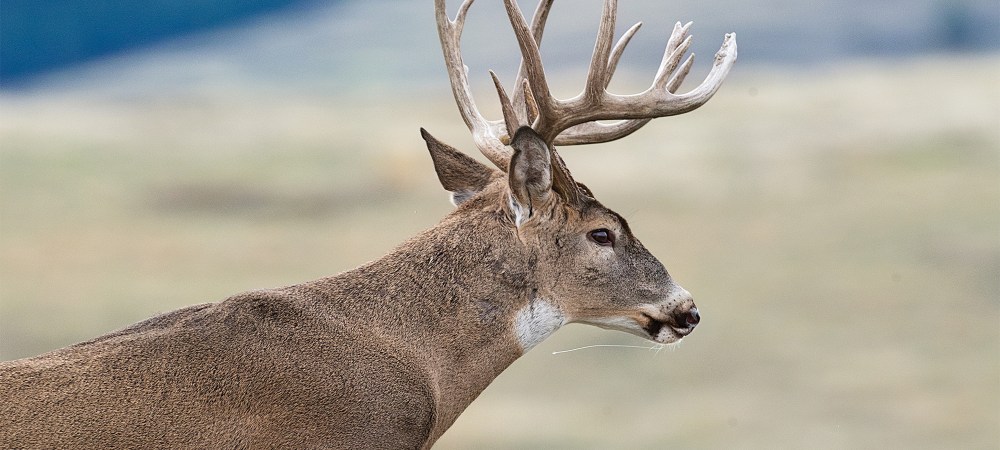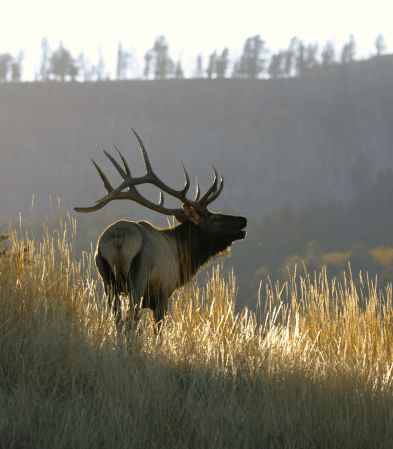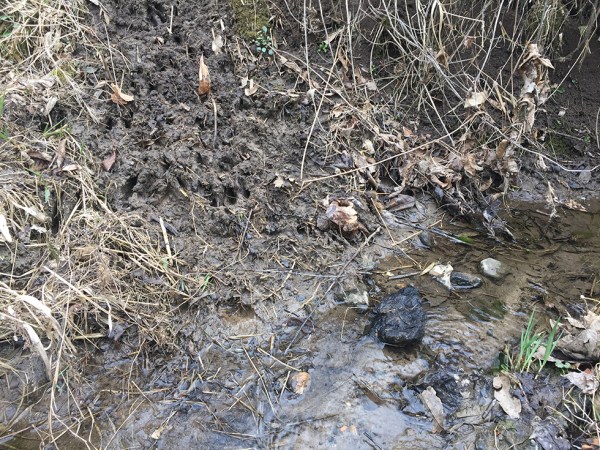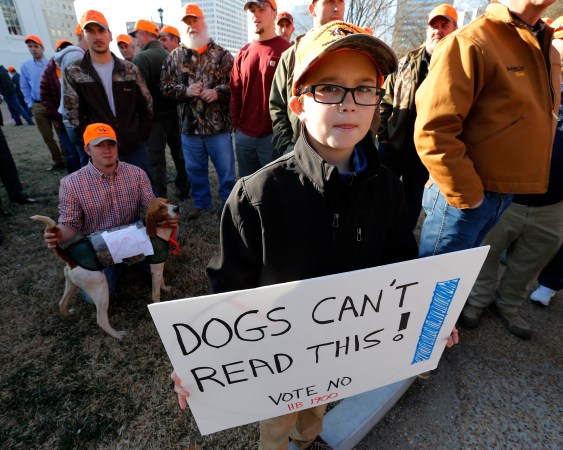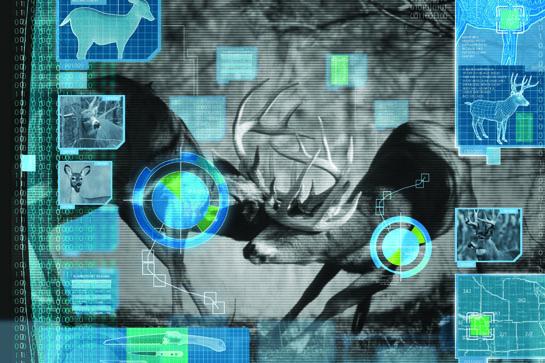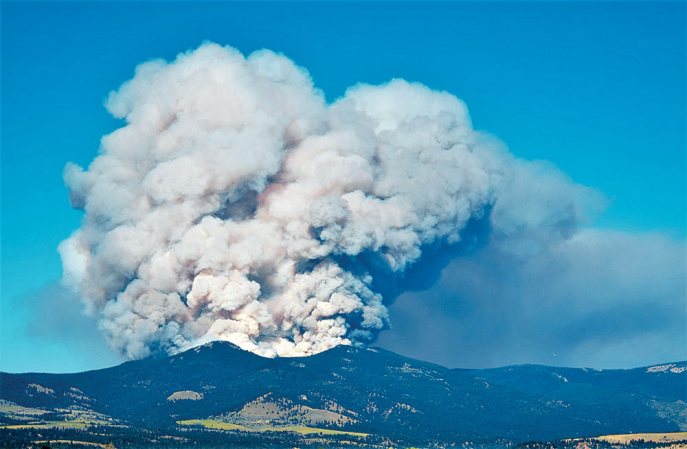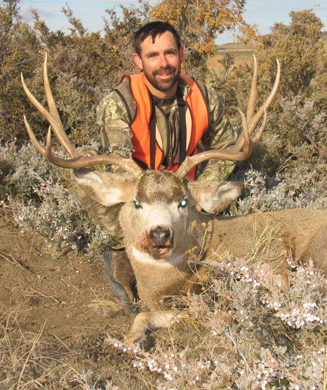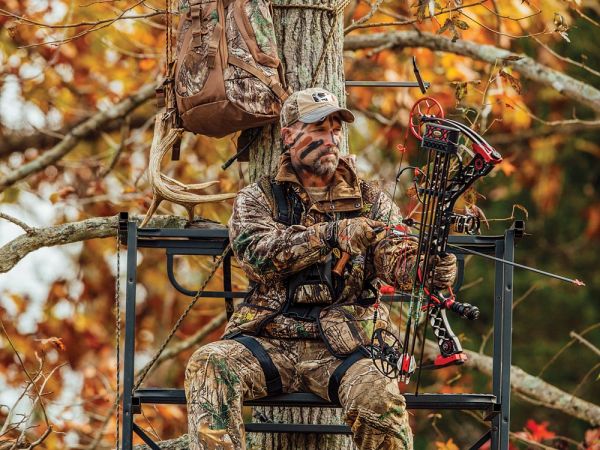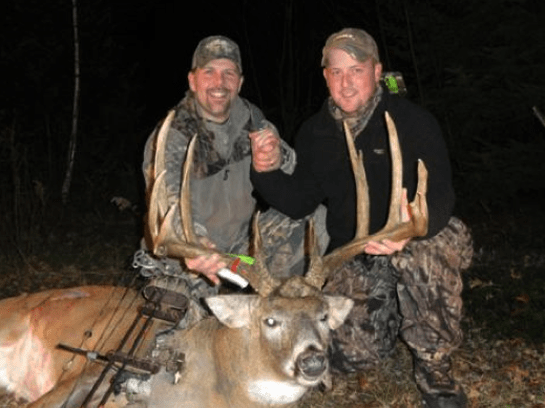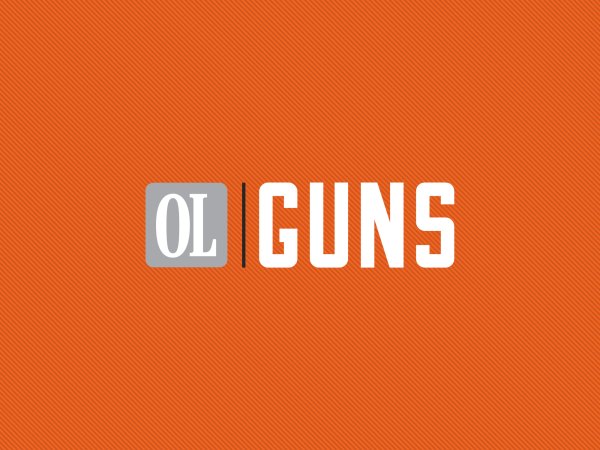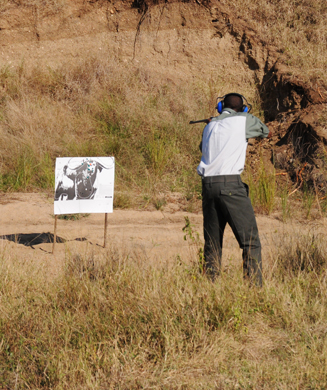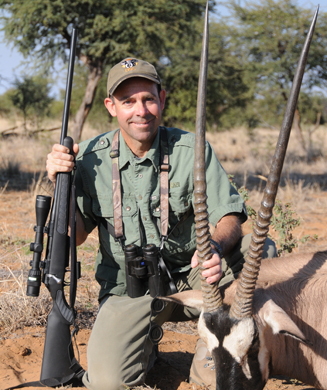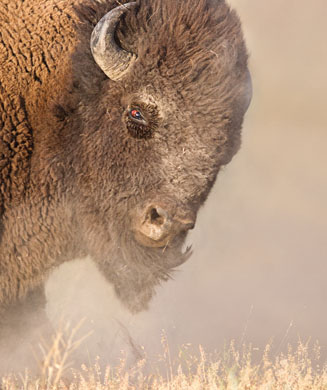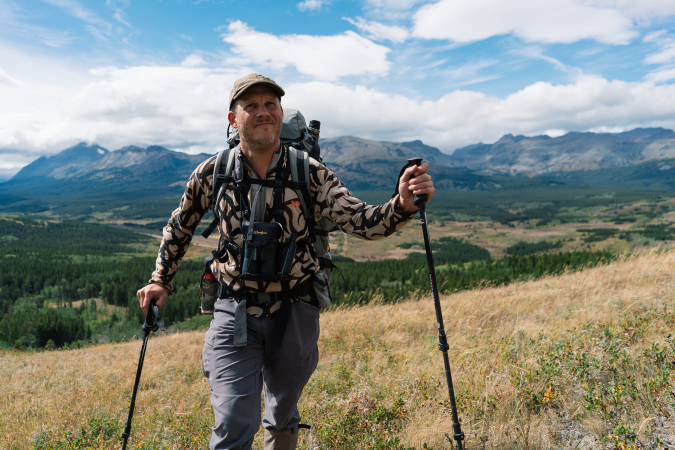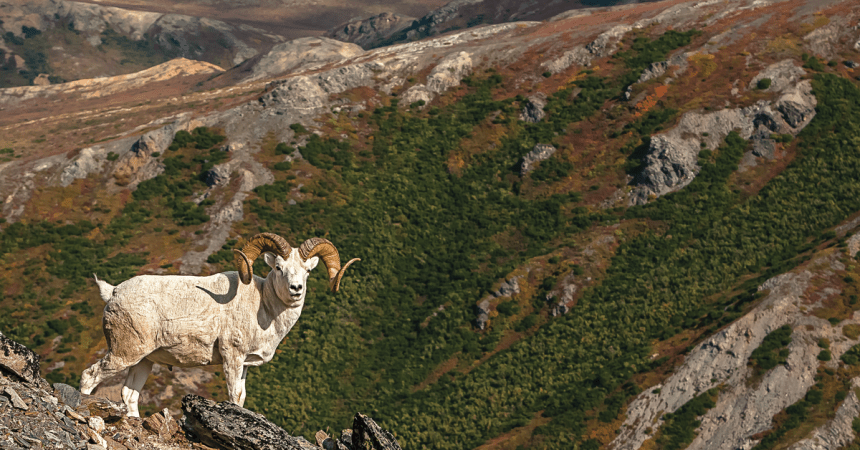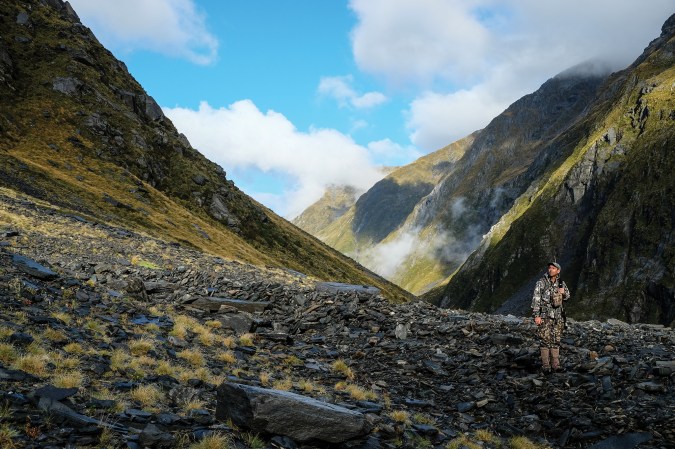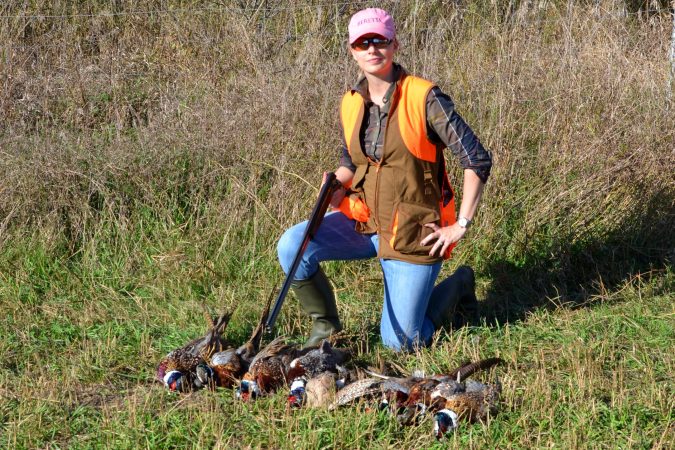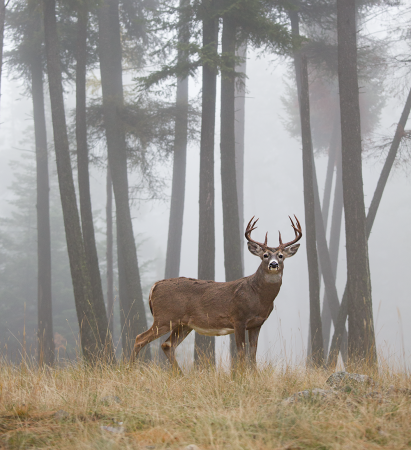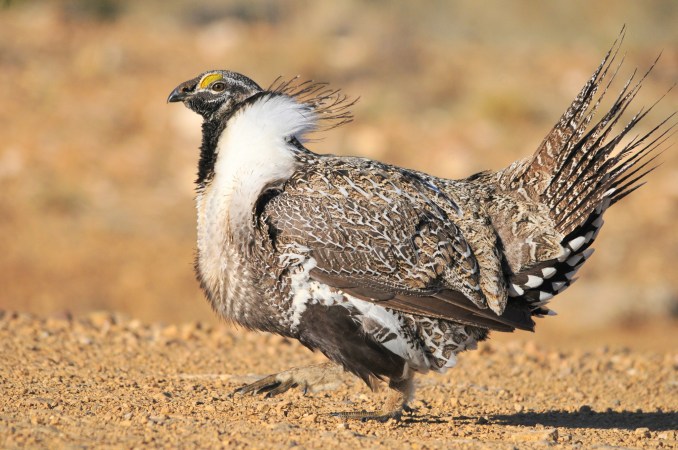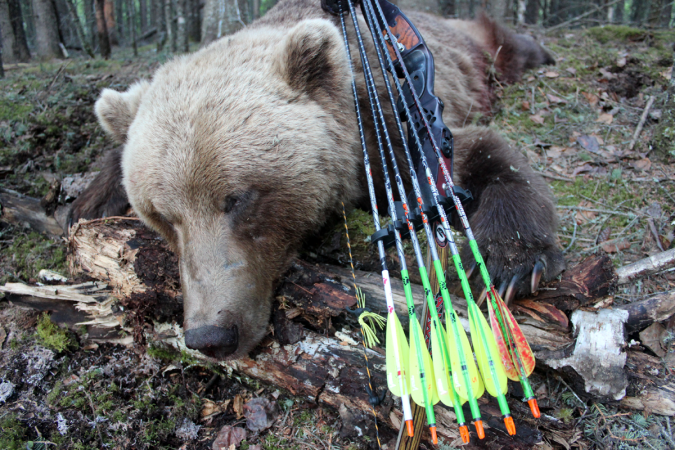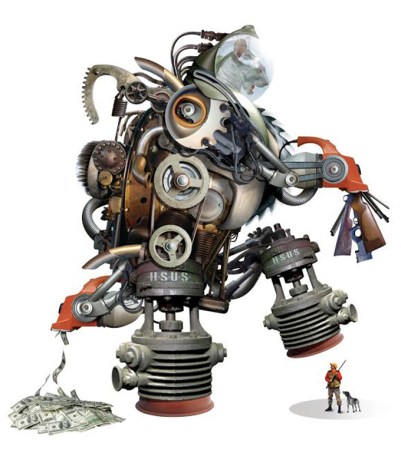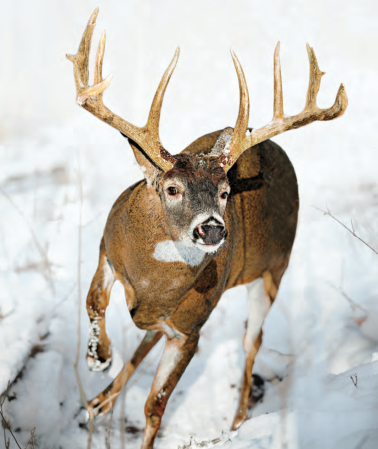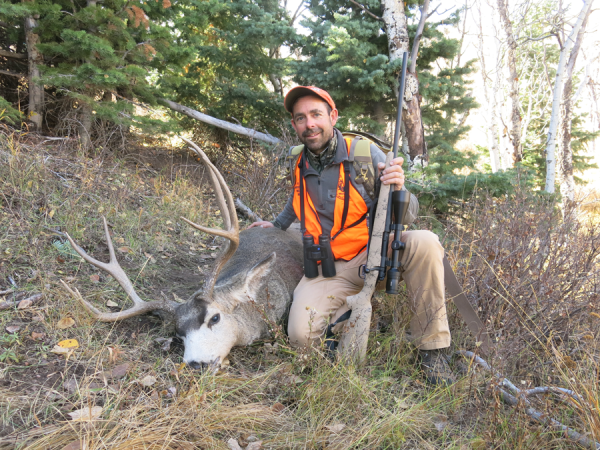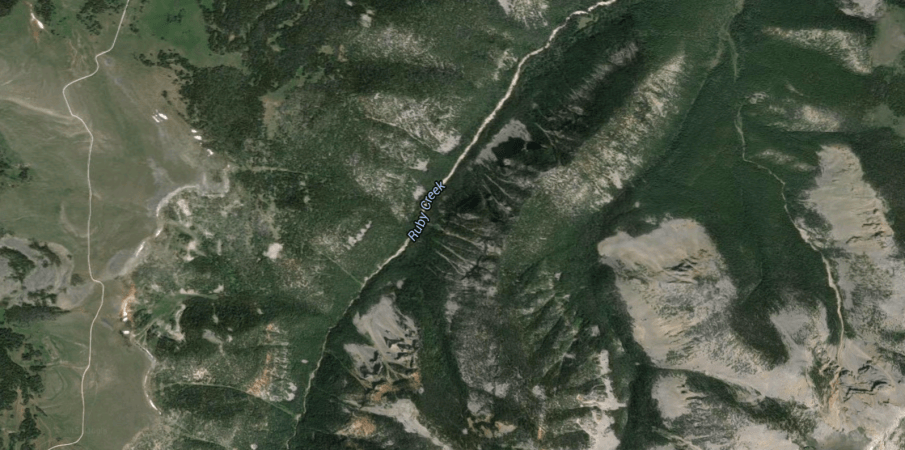In my previous career, I worked at a large tech company, in a big city, with a bunch of people who had no exposure whatsoever to deer hunting. Inevitably my passion for hunting would come up in conversation, but to my surprise, most of my colleagues weren’t necessarily opposed to hunting. Mostly they were just curious. They’d often ask why I thought hunting was a good thing, and luckily, most of my answers made sense to them. Hunting provides an ethical means of acquiring healthy, local food. Simple enough. Hunting allows humans to form a closer connection to nature and our ancestors. They could see that. But when I brought up the fact that hunting was good for conservation, it usually raised a few eyebrows.
For someone not familiar with hunting, the idea of killing animals to help wildlife conservation seemed a bit counterintuitive, and I guess when looking from their perspective, I could understand that confusion. At this point in the conversation, the responsibility was on me to explain exactly how hunting is conservation. Sometimes, I thought I nailed it. But other times, I wished I’d had more resources and knowledge at my disposal when it came to understanding hunting as a conservation asset and tool.
Recently I’ve discovered just such a resource, which is now available in a format that I think many people—both hunters and non-hunters—could benefit from. The University of Wisconsin-Madison has launched a free online course titled “The Land Ethic Reclaimed: Perceptive Hunting, Aldo Leopold, and Conservation”, and it looks to be a tremendous resource for those interested in learning more about this topic.
Here’s the course description: “This course will provide students with an understanding of the historical legacy of wildlife management and recreational hunting as a part of conservation, the role of wildlife in ecosystems, the importance of ethics in guiding management decisions and hunter choices, and the politics and economics of controversies surrounding game and non-game management, hunting, and conservation. We will also look at the emerging face of hunting today, and contemporary models of conservation.”
The program launched a few weeks ago, but it is still open to new students, and it’s simple to get started and completely free. The course is comprised of video lectures, readings, group message board discussions, and quizzes. And while I’m definitely glad my formal schooling days are over, this is one course I’m actually excited about digging into.
So I signed up for the course and I’ve worked my way through the first two weeks of materials. So far, I have enjoyed what they’ve had to offer. Along the way I’ve learned new things about the North American Model of Wildlife Conservation, Aldo Leopold and his infamous “Land Ethic”, new insight into how deer impact their habitat, the science behind setting sustainable hunter harvest levels and how predator and deer populations influence each other. In short, I’ve been impressed.
If you’re interested in learning more about hunting and conservation, or maybe know of a non-hunter who is just curious about the topic, I’d highly recommend this course as a resource worth investigating.
We hunters play an important role in conservation, but with that role comes the responsibility of understanding exactly what that means. This is one topic I’d like to think we hunters should never stop learning about, and this online course looks to be a perfect way to continue that education. Learn more here.
